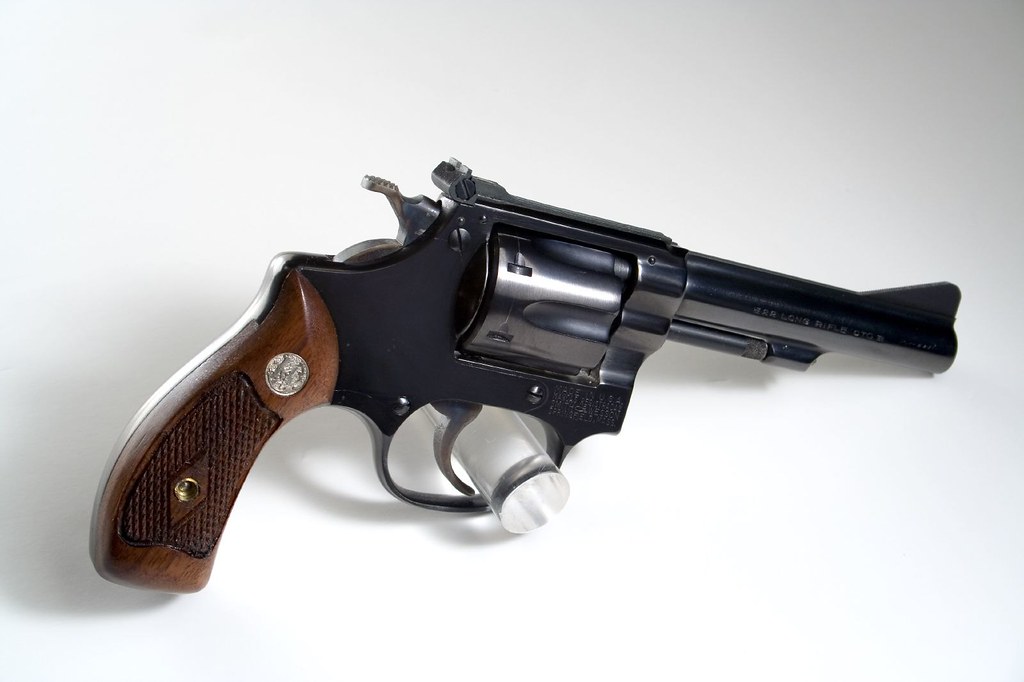 |
| Photo by Mikhail Nilov from Pexels |
Homicide rates were higher during every month of 2020 – even before pandemic-related shutdowns started in March, the analysis found. But there was also a “structural break” in the data in June, indicating “a large, statistically significant increase” in the homicide rate, around the same time as the mass protests that followed the murder of George Floyd.
But also:
A preprint study from researchers at the University of California, Davis, which has not yet been peer-reviewed, suggested that a spike in gun purchases during the early months of the pandemic was associated with a nearly 8% increase in gun violence from March through May, or 776 additional fatal and nonfatal shooting injuries nationwide. The researchers found that states that had lower levels of violent crime pre-Covid saw a stronger connection between additional gun purchases and more gun violence.
And indeed, here's a notable paragraph in another WaPo article on the FBI's statistics:
The FBI data also shows how much killing in America is fueled by shootings. Guns accounted for 73 percent of homicides in 2019, but that increased to 76 percent of homicides in 2020. Gun killings rose 55 percent in Houston, from 221 in 2019 to 343 in 2020. Overall, the city saw more than 400 killings last year.
It's not just that we have more homicides, but a higher proportion of homicides are committed with guns -- fueled by the presence of more guns out in society. We don't have a crime problem, or at least not just a crime problem. We have a gun problem.
* Chicken-and-egg question: Does the murder rate spring from anti-police sentiment, or from police delegitimizing themselves through things like murdering civilians on the street? Not sure the two can be untangled.


